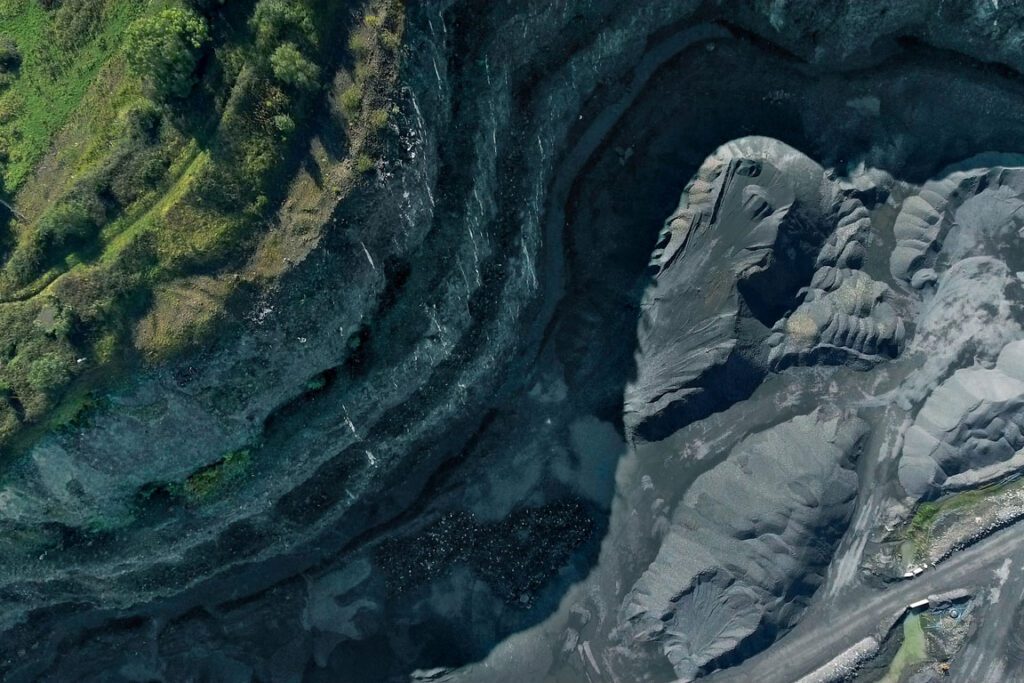Author
The general legal assumption is that if you own land, you own all of the surface of the land, everything down to the centre of the earth and all of the air space above it. However, some minerals below the surface of land can be very valuable and therefore it is commonplace for landowners selling land to retain the title to those minerals or reserve rights to allow them to go onto the land being sold to dig and work those minerals. In addition, it is worth noting that coal is owned by the Coal Authority and any gold, silver, oil or gas is owned by the Crown.
How will I know if mines and minerals are excluded from land?
The title register will usually make reference to mines and minerals being ‘excepted’ or ‘reserved’ and a Search of the Index Map carried out at the Land Registry will determine whether there is a separate registered title for any mines and minerals. If there is a separate title, the title register can be obtained from the Land Registry so that the registered owner of the mines and minerals can be revealed.
The reserved rights in favour of a third party may refer to specific mines and minerals which are excluded or they may refer to a general right to ‘all mines, minerals and mineral substances’. It may be that historic and geological evidence and the results of any mining searches can help determine what mines and minerals the reservation is likely to refer to.
However, it is worth noting that the exclusion of mines and minerals may not also include rights to enter the property to dig up the minerals and some reservations of rights will also include a requirement for the third party who owns the mines and minerals to pay compensation to the owner of the land if minerals are extracted and damage is caused. The title documents will need to be carefully checked to see whether this is the case.
What should I do if mines and minerals are excluded from the land I am selling?
If mines and minerals are excluded from your land, whether or not this will have an effect on future development of the land will depend on what those minerals are and the specific reserved rights noted on the title as discussed above. In addition, some local authorities will have adopted a ‘Minerals Plan’ which will have set out ‘Mineral Safeguarding Areas’ in the local authorities’ district. Mineral Safeguarding Areas are often implemented with the aim of securing and protecting valuable mineral resources from being sterilised by development. Therefore, if your property is in a Mineral Safeguarding Area, it may be difficult for a future purchaser to obtain planning permission to develop the land unless certain criteria can be met.
If you are intending to sell land for development under which the mines and minerals are owned by a third party, then carrying out groundworks or digging up the land may amount to a trespass, or the owner of the mines and minerals may seek an injunction to prevent the purchaser from carrying out work on the land. However, this will depend on the specific wording of the document which refers to the mines and minerals and the type of work which is intended to be carried out. It is likely that any future purchaser of the land may wish to obtain a mines and mineral indemnity policy to protect against the financial cost of any potential claims for damages as a result of the issues discussed above, and they may require your contribution towards the cost of such a policy However, you will need to ensure you do not make contact with the third party who is the owner or who has rights in relation to the mines and minerals or disclose that an indemnity policy is in place, so as to not invalidate any existing indemnity policy or make it difficult to obtain a new policy.
How do I protect mines and minerals under land I am selling?
The process for registering mines and minerals under your land or retaining rights to them will depend on where you ‘right’ to own or remove them comes from. This area of law is complex and further legal advice would be required in this scenario.
Conclusion
When purchasing land, it is worth seeking legal advice at an early stage to determine whether the exclusion of any mines and minerals under the land may affect your intended use of the land.
Further and more detailed information about other elements of strategic land can be found here.
Print article


